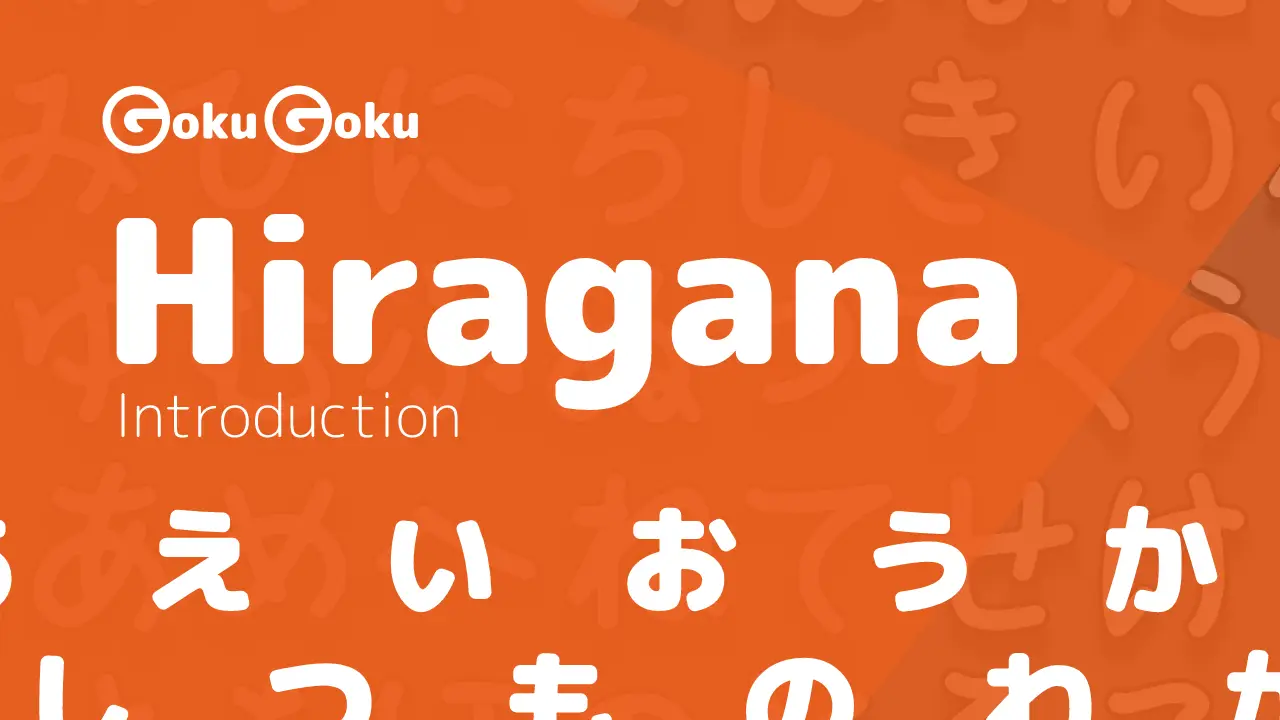それにしては (sore ni shite wa) is an expression meaning yet, notwithstanding,nevertheless.
それ (sore) is a demonstrative of the kosoado series.
それ means that referring to an object far from the speaker and close to the listener.
We find それ in many expressions that take on various nuances in use, including:
In this post we see together the two expressions that differ only for the particles は and も.
それにしては - Yet, nevertheless
(A).それにしては (B) . indicates that after expressing (A), despite (A) we must consider (B).
Expression used to state after an initial consideration that the result of a question or event mentioned is not obvious.
夏はいつも暑い。それにしては涼しい。
It's always hot in summer and yet (this year) it's cool.
Being in summer it is naturally expected that it will be hot. The second part introduced by それにしては overturns the expectation and the ordinary state of the seasons expressed by the first sentence.
嵐が近づいているというが、それにしては静かだ。
They say a storm is approaching, in reality everything is quiet.
Noun + にしては
それ can be replaced by another noun and is also used in comments towards people or situations that are sometimes made with a hint of irony.
相撲取りにしては、体が小さいよね。
Despite being a Sumo fighter, he has a small build.
The example sentence shown in the previous paragraph can be expressed also with にしては:
夏にしては涼しい。
It's cool despite being summer.
あの留学生は、1年生にしてはずいぶん日本語が上手です。
That student is really good at the Japanese language, despite being only in the first year.
それにしても
それにしても is linked to the previous expression それにしては with a difference that we will understand better in the examples below, confronting them with the previous examples:
夏はいつも暑い。それにしても暑すぎる。
It's always hot in summer and yet (this year) it's too hot.
Although situation A is considered normal, the consideration or observation B that follows goes beyond the expectation or situation considered normal.
We can convey the idea with:
Even if an hot temperature is expected in summer, this summer it's too hot.
いい品だというのはわかる。それにしても、ちょっと高すぎやしないか。
I understand it's a good product, but isn't it a bit expensive?
Noun + にしても
The expression can also be used with a noun + にしても:
冬にしても温かい。
It's hot, despite being winter.
にしても - both ... and ...
にしても can also express the expression whether it is A, whether it is B ....
We find the forms:
日本語の漢字は読むにしても書くにしても、上手だ。
You are good at both writing and reading kanji.
平仮名にしてもカタカナにしても上手だ。
You are good with both hiragana and katakana.
Similar grammar points in Japanese 📚
かねる
かねる (kaneru) Meaning Japanese Grammar - Cannot Do
あるいは
あるいは (aruiwa) Meaning Japanese Grammar - Or
それとも
それとも (sore tomo) Meaning Japanese Grammar - Or
いったい
いったい (ittai) Meaning Japanese Grammar - On Earth
げ
げ (ge) Meaning Japanese Grammar - It Seems
に従って
に従って (ni shitagatte) Meaning Japanese Grammar - According To

